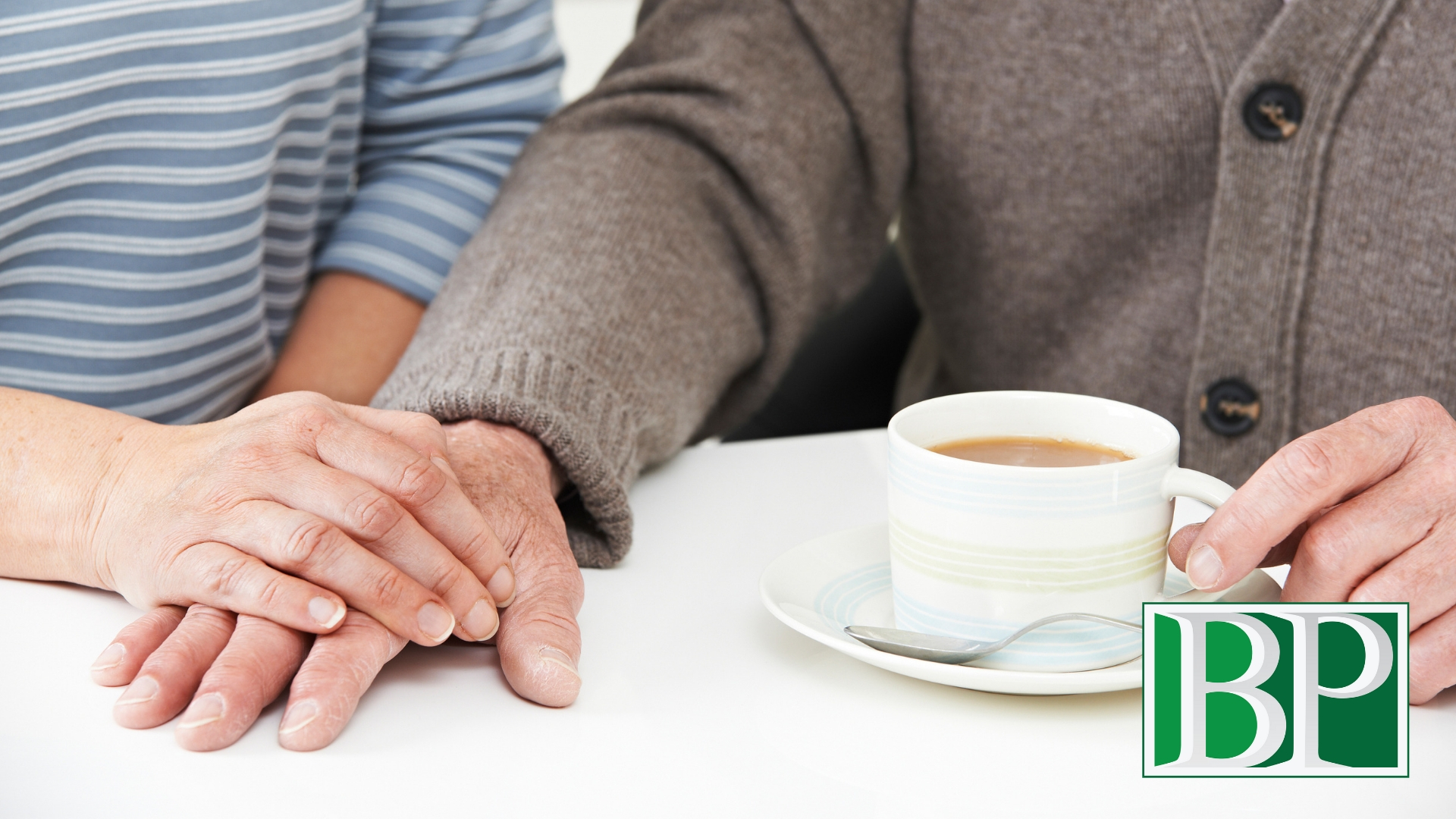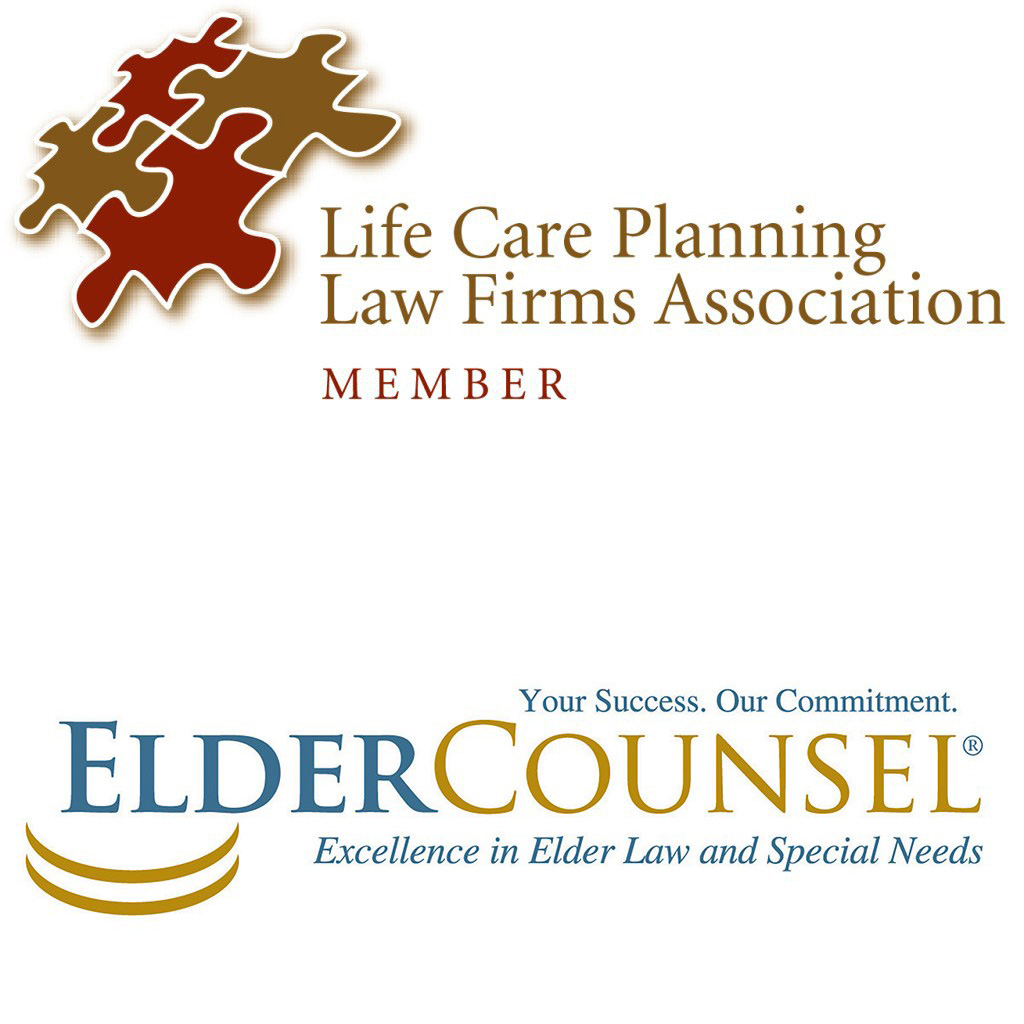
If you are one of millions of Americans facing the prospect of providing caregiving services for an elderly parent, either currently or in the coming years, it may be beneficial to know upfront that taking care of yourself will be essential. Unfortunately, most adults who are caring for the needs of an aging loved one, neglect thinking of themselves until it is too late. This can be found to be especially true for The Sandwich Generation of adults who find themselves caring for a minor child and an aging parent at the same time.
According to the Family Caregiving Alliance, approximately 43.5 million caregivers, mostly family members, provided unpaid care to an adult over the past 12 months. About 15.7 million adult family caregivers cared for someone who has Alzheimer’s disease or dementia, the demands of which can be extremely challenging.
The tasks required of caregivers can run the full gamut of non-professional services, including help with bathing, dressing and using the restroom. Caregivers may be asked to assist with meal preparation, transportation, and medically-related scheduling and communication. Further, as aging parents decline, the child may be asked to provide nursing activities for chronic health conditions.
Performing these tasks is challenging and also entails the full gamut of emotions for the caregiver. This can include exhaustion and any number of aging and health-related factors that can serve to complicate the caregiving relationship. This is something to think through in advance if adult children are undecided about whether to perform caregiving services themselves.
It’s widely reported that one of the top lessons in family caregiving is that primary caregivers must learn to take care of themselves. Just like in an airplane emergency, one must first place an oxygen mask on themselves or they have no chance of helping others. The demands of family caregiving can lead to trouble with sleeping, poor eating habits, lack of exercise, failure to take time off of caregiving when ill, and increased depression and anxiety. Inadequate resources can also add stress to the experience.
Each of these problems generally stem from putting the elder parent’s needs before the caregiver’s own. The caregiver may feel that he or she must stop everything in order to protect and help preserve the health of their aging loved one. Contrary to this belief, however, in reality there may be nothing a devoted caregiver can do to stop the debilitating effects of aging, especially when compounded by a chronic illness or injury.
The good news is that it doesn’t have to be this way. Creating healthy boundaries that begin with putting the family caregiver’s health needs first, is key. From there, active measures can be taken to reduce stress, starting with doing healthy things outside of time spent giving care. Setting small goals, like taking breaks, and working towards bigger solutions can restore confidence in the short-term while adding up to reclaim a healthier life-balance.
Family caregivers are everyday heroes, and planning to meet their own needs is the best thing they can do for themselves and their elder loved ones. It is alright to reach a time when you have to say “no” to caregiving. There may come a point when you are no longer able to provide the care that your aging parent requires. Whether you are caregiving right now, considering caregiving, or need help finding long-term care placement, do not wait to schedule an appointment with us so we may help you.







